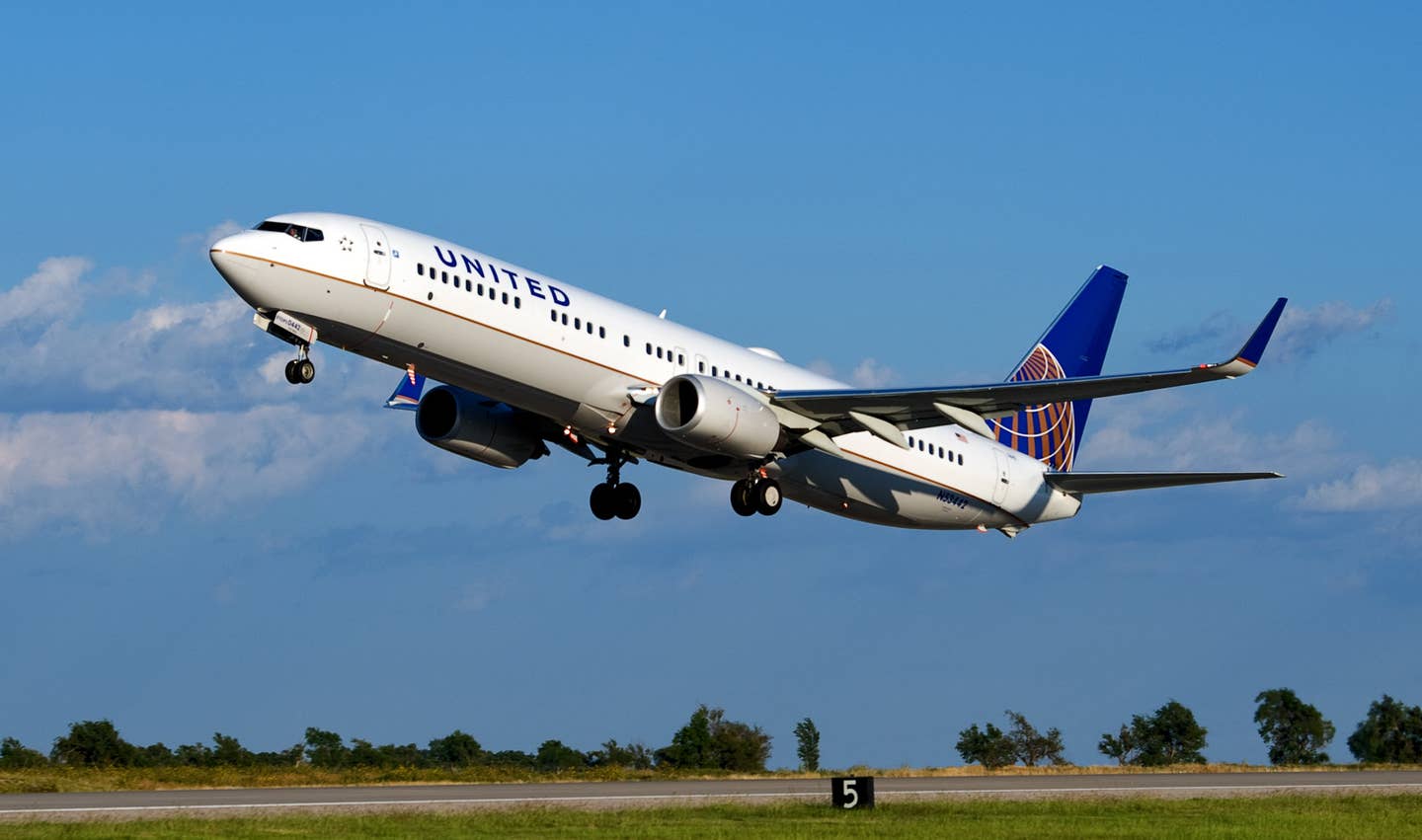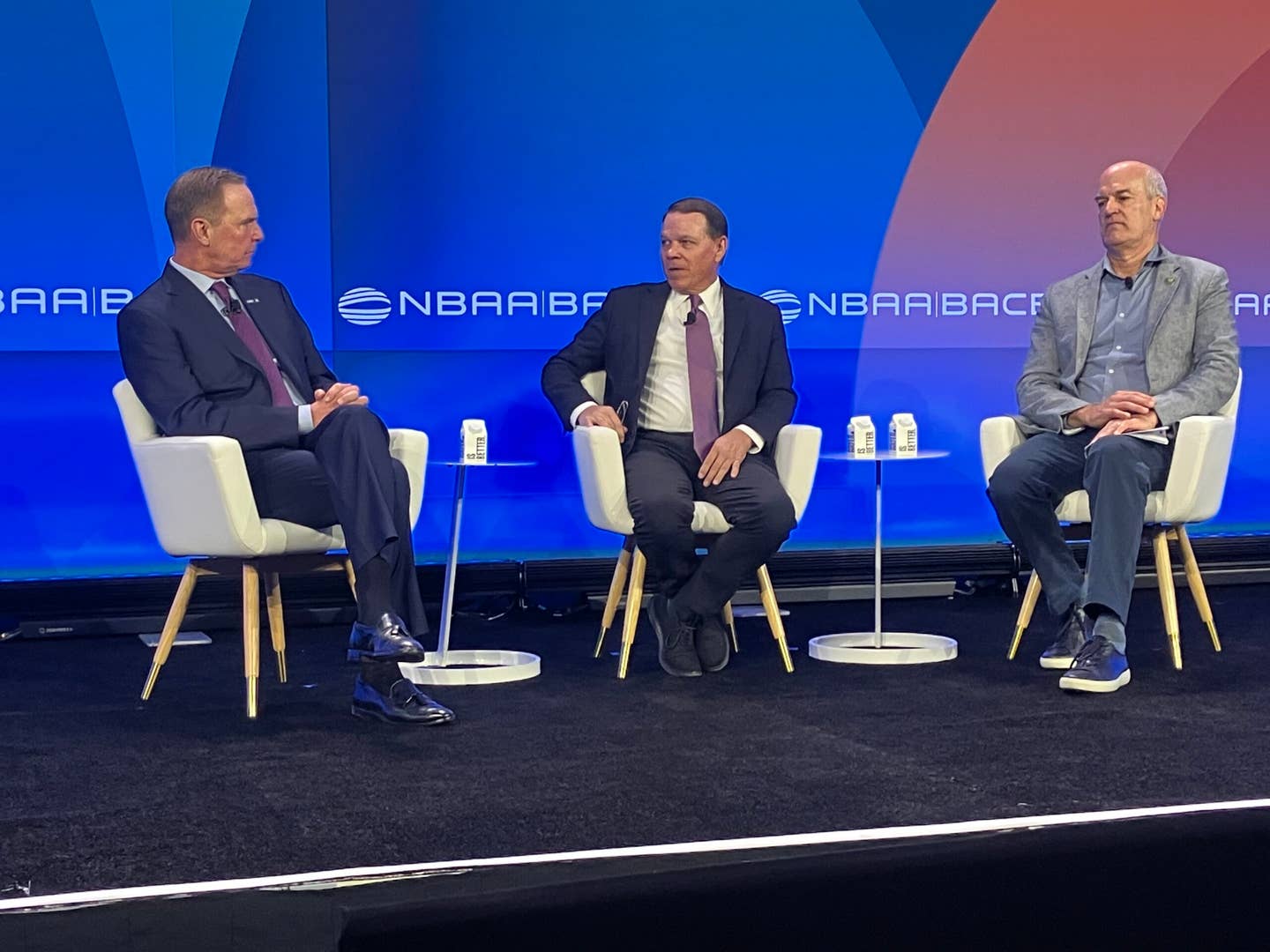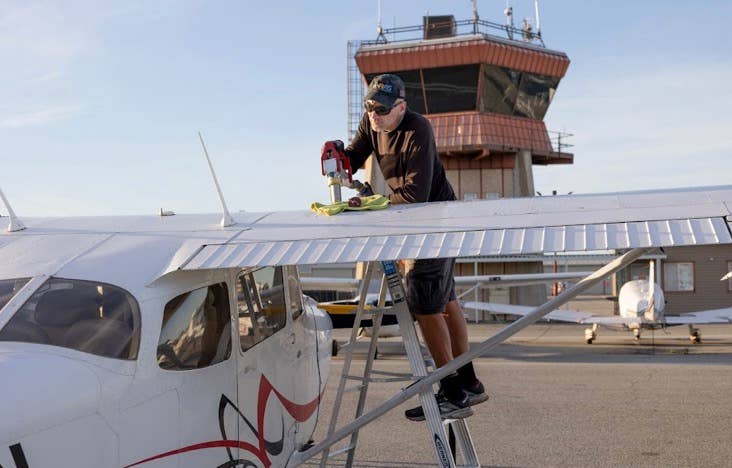More Airline Aid? I’ll Pass, Thanks
United pulls a rabbit out of the hat with a deal to avoid pilot furloughs. What about the rest of the industry and thousands of other workers?

Image: United Airlines
Monday’s AVweb homepage had a pair of whipsaw headlines that only 2020 could provide. At the bottom of the page: Airline Support Ends: Future Looks Bleak. At the top of the page: United, Union: No Furloughs Until 2021. As I was posting the latter story, I couldn’t help but feel we must have missed a few stories bridging this yawning gap.
Since we don’t get to peek inside United’s P&L—at least not for the moment—I’m kind of curious how the airline juggled its financials to get to this solution. Heretofore, with passenger demand still in the dumpster, United had warned that when the CARES money ran out—which it will on October 1—as many as 16,000 employees could be furloughed, including 2850 pilots. A failed bond offering in May forced United to accept more of the CARES loan money than it might have anticipated.
Of course, while Monday’s announcement is good for pilots, will the largesse spread down the food chain to the mechanics, gate agents, food services and myriad other upstream players in the airline business? As of this week, demand for air travel is just 35 percent what it was a year ago and it is stubbornly resisting a robust comeback. Nobody knows how long this is going to go on, but it’s generally accepted that if it’s much longer, the airlines will have to reconfigure their businesses to be smaller and leaner and defined more by contraction, much less growth.
A source inside Southwest told me that it has a solid cash reserve and is likely to succeed with a defensive posture longer than the legacy carriers can. Delta is reportedly similarly well positioned, but American Airlines might not be. We’re watching the financial news for a United-type deal for American. Meanwhile, in the balance is a second round of stimulus and financial aid that might include the airlines. But do they really need it? And is it justified?
This week’s AVweb poll finds that about 40 percent of readers say no, let the airlines fend for themselves. Not quite a third think they’re a critical industry and should get more propping up from government, while 22 percent say interest-free or low-interest loans are the way to go. I’m still in that third group, but I now think if United can make a deal with pilots that even includes potential pay hikes, it can damn well make a deal with taxpayers that includes a little vigorish. Lots of workers have been out of work since March and many aren’t getting any kind of ride at all, much less a free one.
When passenger demand collapsed in March, I was surprised at how many people said good riddance, the airlines deserve the drubbing because of their abuse of passengers at every turn. But airlines are made up of people and a lot of those people are pilots who are friends of mine. I don’t wish job loss, financial hardship and work disruption on them or anyone else, regardless of how the C-suite might merit a dope slap or too. While I remain sympathetic, when the airlines said they were dropping the much-hated change fees to entice passengers back, I had to contain the extension of my middle finger.
Philosophically, I’m not opposed to government assistance in the form of loans, as long as everyone agrees someone has to pay for this. The someones are generally taxpayers and now it should be corporations too who were recently given an attractive corporate tax rate break.
The Institute on Taxation and Economic Policy reports that since the corporate tax rates took effect, seven large airlines paid an average rate of 2.3 percent on $30 billion in pre-tax income during years when they were quite profitable. Virtually all of the companies, says ITEP, have deferred taxes by using depreciation-related tax breaks. So guess what? A trickle of revenue comes from the airlines, but suddenly, they’re a critical industry we can’t let fail at the expense of free money?
We have in this country a fetish for considering taxes as unbridled government waste, yet when the unforeseen happens—as it did in 2008 and again recently this year—we turn to the treasury for a loan of the very money we don’t want to pay. Or pay back. To be fair, not everyone follows this script—like the 40 percent who say let the airlines bail themselves out. I’m beginning to lean toward that camp myself.
What happens next will be an interesting chapter in airline history. Once a vaccine is available, say, in mid-2021, will demand coming roaring back? Given how far it has fallen and how far it has to go, I’m not so sure. I think the airlines are in for an era of contraction, higher fares and diminished service. I for one won’t be complaining about higher fares. It’s the quest for cheap seats that gave us less legroom, less shoulder room, seats that don’t recline, unbundling to the extent that United’s economy service provides just a seat and then begrudgingly.
With fewer seats costing more, one could hope for the return of the days when boarding an airliner in your underwear was unthinkable rather than just another fashion choice. One could also hope for back-to-back Powerball wins with checks delivered by the Easter Bunny. All three are about as likely to happen.






